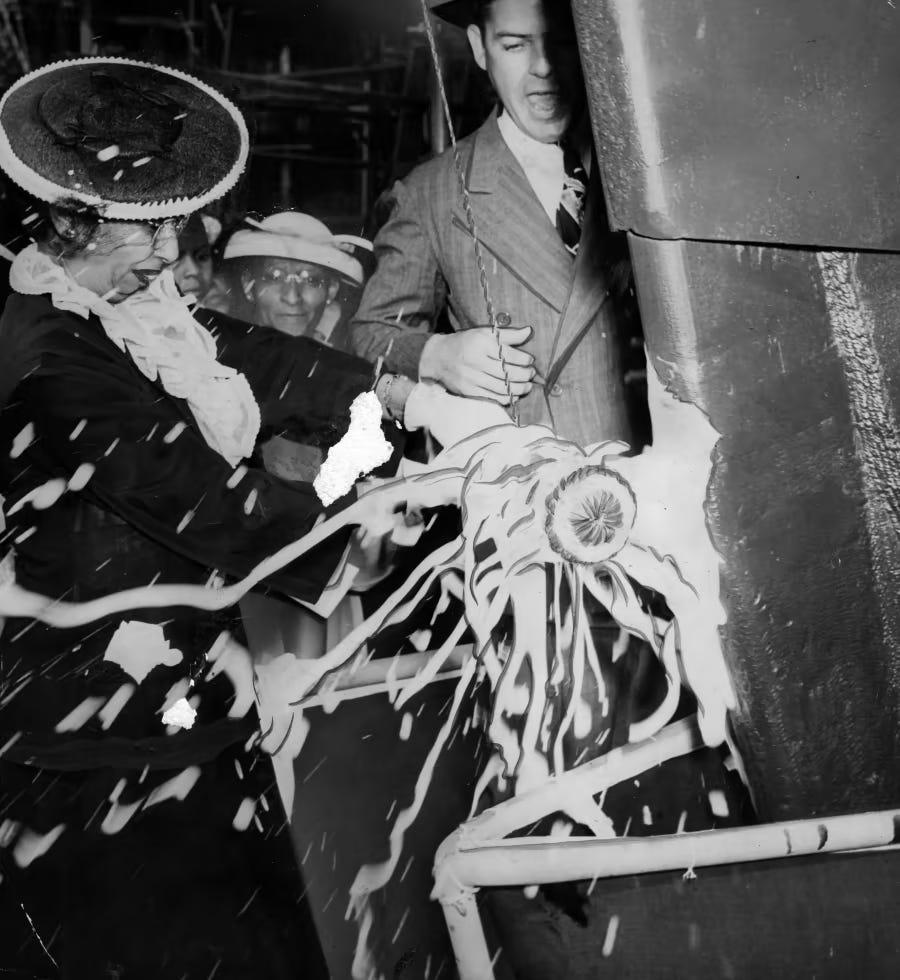As you hear our histories during this Black History Month, I have something for you to consider:
The first newspaper in what would eventually become these United States of America was published in 1690. It was called Publick Occurrences Both Forreign and Domestick and the idea was that if a decision was being made that could affect your life, you would be told about it. This information would be as easy as possible for you to receive. If it wasn’t dropped off on your doorstep before you woke up in the morning, there’d be a kid on a nearby street corner selling it for cheap.
This convenience of information was sewn into the fabric of our nation, creating, of course, an unseen expectation. For white people. For Black people, however, the relationship to information was the opposite. During the first 175 years of white people sewing this expectation, Black people in this country were not allowed to read, often under penalty of death. Information was not an easy and expected convenience for Black people. It was a forbidden and often deadly hazard.
As information was no less a necessity for enslaved Black people, it was smuggled. They braided their hair into secret messages. At night, they moved candles in patterns past the cracks in their cabin walls. Sometimes they sang. They sang in specific intervals and they sang in codes, but please understand, none of this was foolproof.

Charity Bowery had spent most of her life enslaved in North Carolina. When she was 65 years old, Ms. Bowery explained to abolitionist Lydia Maria Child how dangerous information could be.
“On Sundays, I have seen the negroes up in the country going away under large oaks, and in secret places, sitting in the woods with spelling books. The brightest and best men were killed in Nat’s [Turner] time. Such ones are always suspected. All the colored folks were afraid to pray in the time of the old prophet Nat. There was no law about it; but the whites reported it round among themselves, that if a note was heard, we should have some dreadful punishment; and after that, the low whites would fall upon any slaves they heard praying or singing a hymn, and often killed them before their masters or mistress could get to them.”
I hope this month inspires you to not only reaffirm your knowledge of George Washington Carver and Booker T. Washington, but also to learn about people like Osbourn Dorsey, who invented the doorknob at just sixteen years old. I hope you learn about William Dorsey Swann’s dance parties and Ona Judge’s escape. I hope you’re inspired to learn the histories of everyday Black folks navigating their way through systems designed to harm us. And I hope you learn the histories of those systems like redlining and zoning and even gun laws. But even if you’re not so inspired and all you read this month is this post, I hope you appreciate how much strength, determination, intellect, ingenuity, willpower, artistry and love it took for a people to not only carry that history through the centuries, but to survive along with it.




Thank you!